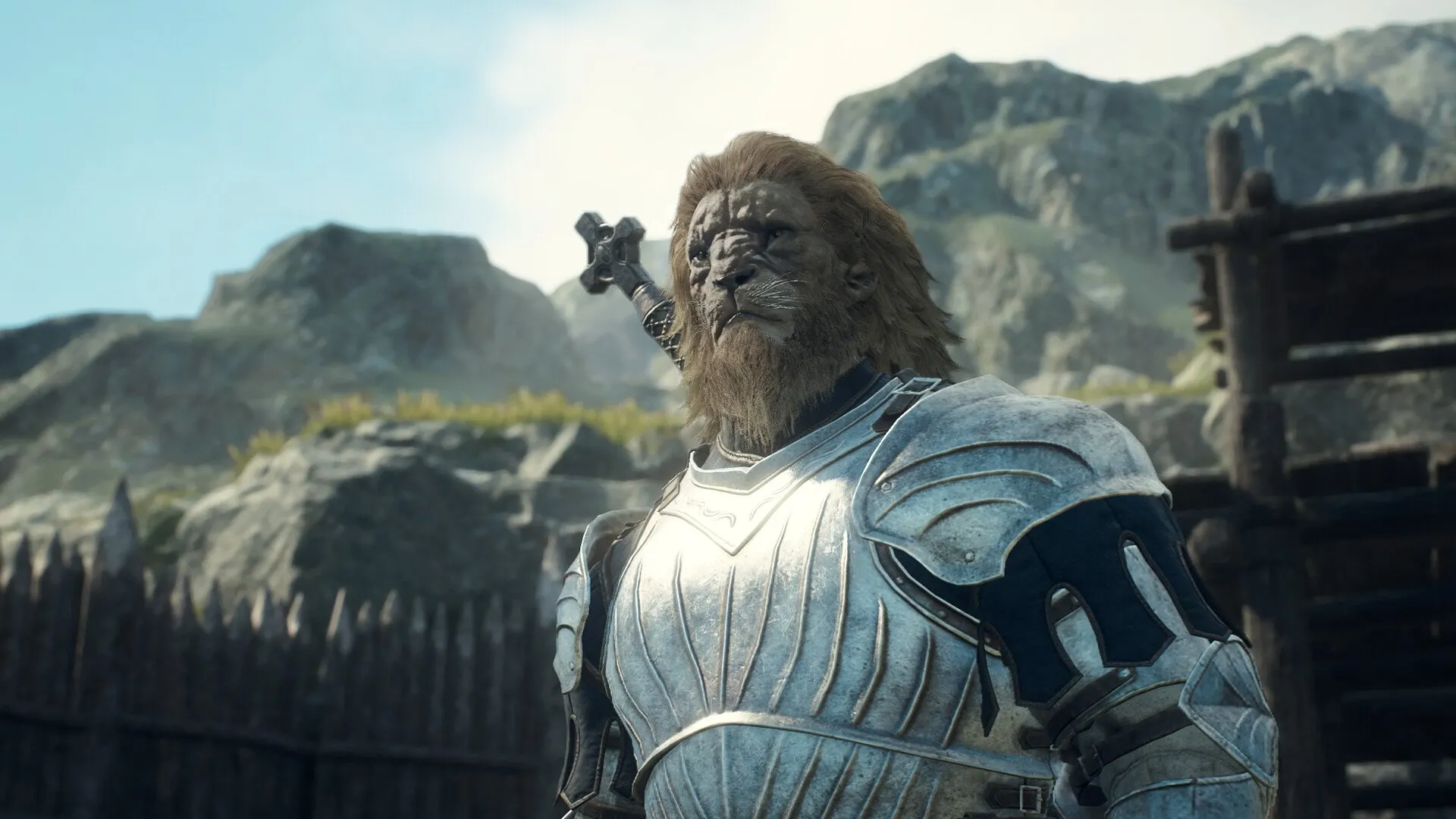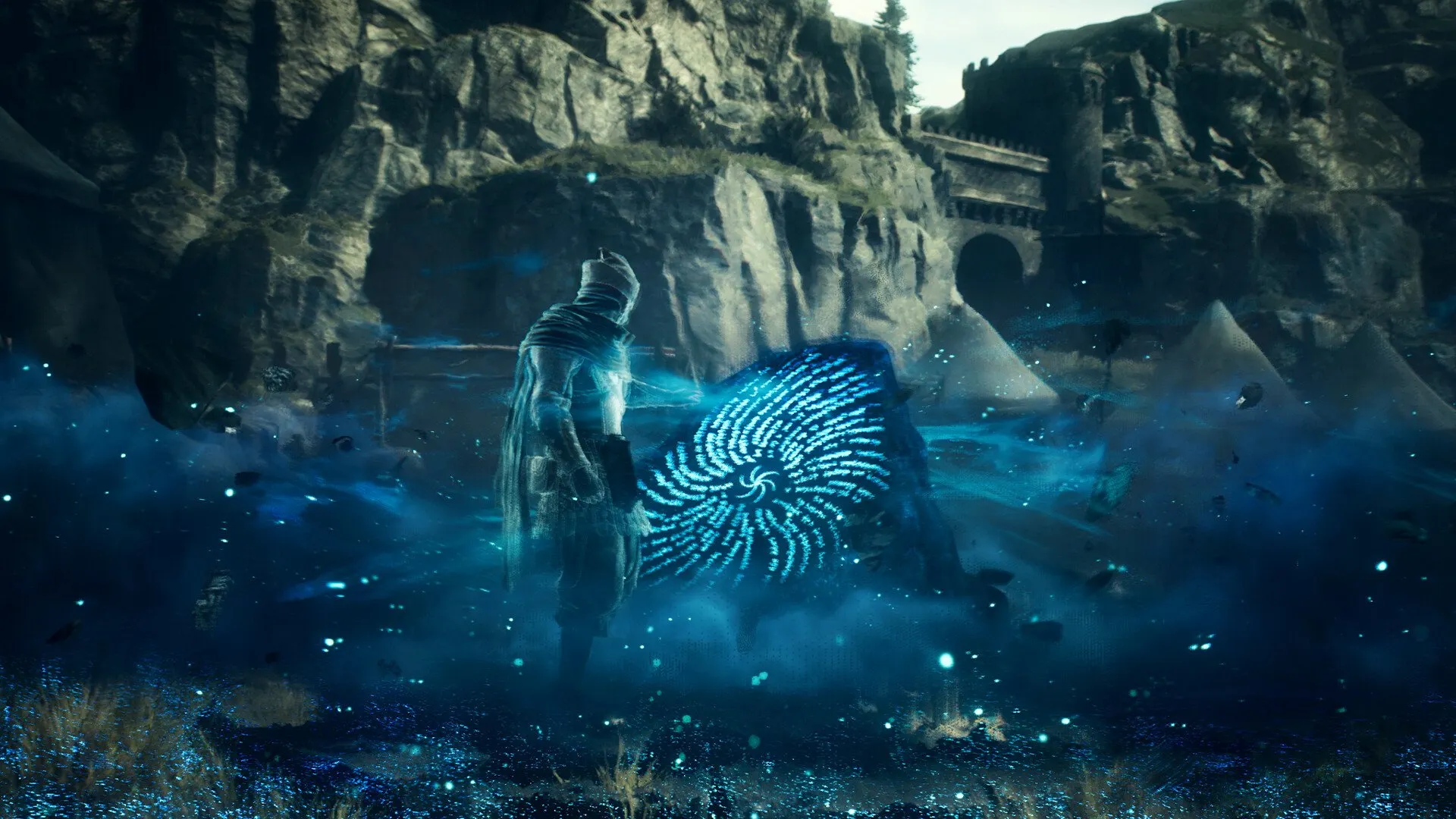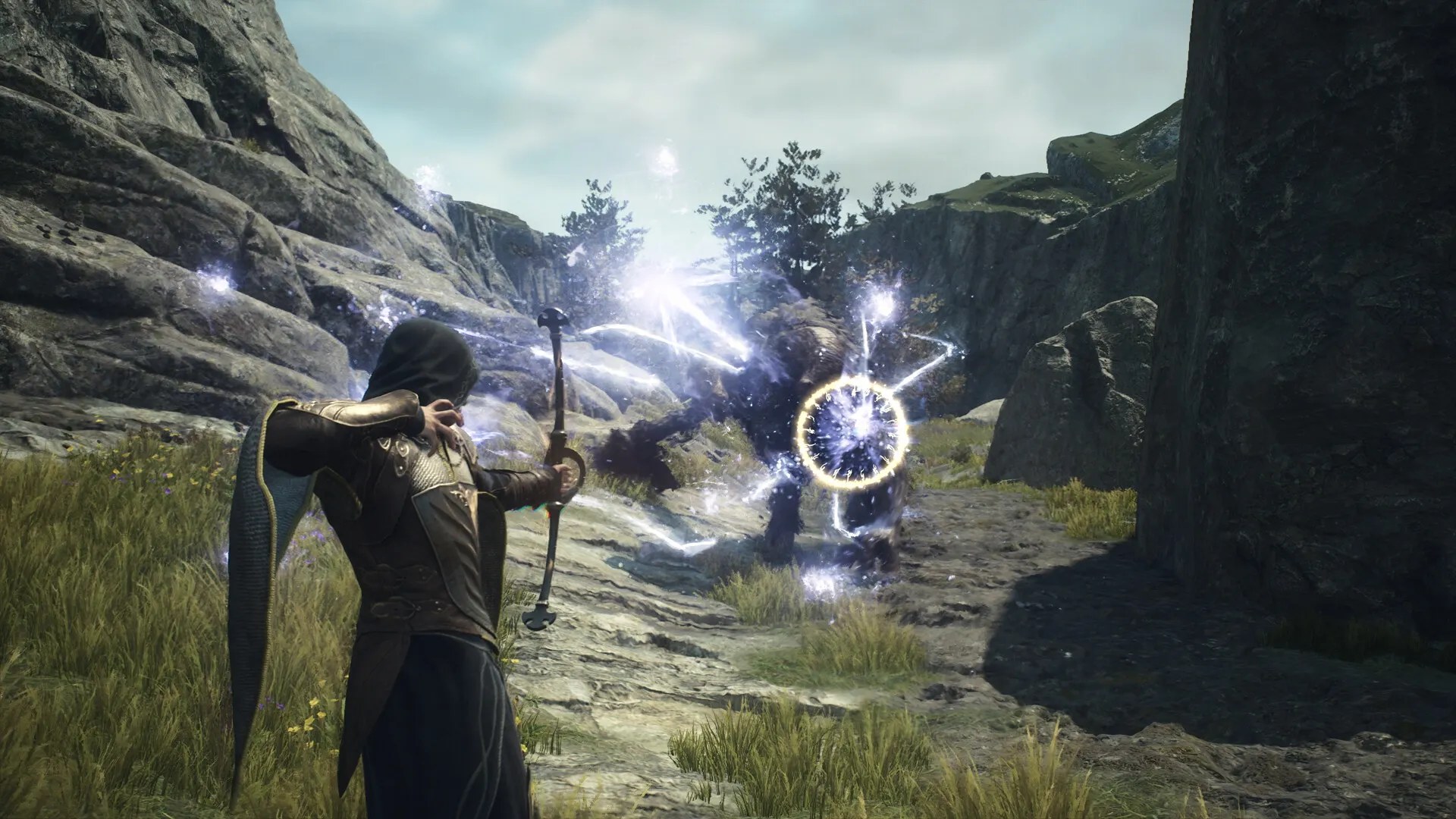'Dragon's Dogma 2' Beginner’s Guide: 8 Tips to Get Off to the Best Start
For a long time, games were becoming ever easier, letting you fast-travel to anywhere at any time, reviving you after death without any penalties, and so on. But the rise in popularity of roguelike games (Spelunky, Binding of Isaac) and Soulslike games (Dark Souls, Lies of P) tells us that gamers still like it when their games push back—if the game does it right.
Dragon's Dogma 2 from Capcom pushes back on the player as much as, if not more than, any of those games, asking you to invest in its strange fantasy world by getting to know its systems and idiosyncrasies.
In this guide, we want to welcome you into this unique game by preparing you for what is to come. You don't need to know everything about everything before you go in—the discovery is part of the fun! These tips will save you some early headaches, though. And as Dragon's Dogma's pawns say, you may find “aught of use.”
Dragon's Dogma 2 has a top-tier character creator. You can make your character and pawn look like anyone from Timothee Chalamet to Albert Einstein, and you're going to be looking at these dorks for a long time—so make them something you want to look at, whether that's absolute cuties or total weirdos.

It is possible to adjust both your own and your pawn's appearances with special items later in the game, but these items aren't cheap. Instead, slow down and get your characters right the first time.
It’s helpful to take the time to create a pawn that complements your main character. Your character's height and build can affect how much they can carry, how high they can reach, and how nimble they are on the battlefield. A little guy can run circles around a huge cyclops, but a big brawny guy can fit more stuff in his backpack and can pull himself up to those higher ledges.
Dragon's Dogma 2 features a sprawling and often obtuse game world. It's easy to get lost—but that's a good thing. Get lost and stumble across things. You'll find cave systems, structures, and even towns that you might not have found otherwise.
Most quests aren't timed, so you can put them off indefinitely in favor of exploring. You can keep exploration fun by bearing a couple of things in mind: Timed quests are marked on your quest menu with an hourglass icon, or the quest will say to "check back in a few days." Pay attention to those two, and you won't see your quests ending in failure because you got a little sleepy out on the road.
Your pawns, the non-playable companions that follow you and assist you in battle, are one of the biggest things that set Dragon's Dogma apart from other series. It's easy to think of them as just an extra blade or bow on the battlefield, but they're genuinely complex characters—at least from a systems perspective.
It can be easy to tune out pawn chatter because they do repeat themselves a lot ("Materials, eh? I won't deny, they have their uses."). But they can also reveal all kinds of things about the world and change the way that battles feel.
As your pawn travels around the world with you, they learn where things like chests and collectibles are located, what attacks monsters are vulnerable to, and where to go in quests. You can use the pawn command "Go!" when a pawn offers their input, and they'll lead you to whatever thing they were just discussing.
When selecting someone else's pawn to recruit in the Rift—stones with swirling designs on them littered throughout the world—you can look at many elements that tell you about them. If Quest Knowledge is set to “Yes,” then the pawn has some information about one or more of your quests and will be able to help you along. If you don't want the help, then recruit a pawn without current quest knowledge.
Each pawn has a specialization, too, such as being able to speak a foreign language that your character doesn't know, using curative items, or lightening character loads by redistributing items—so pay attention to that as you select your next ally.
Each pawn also has a disposition, such as calm or straightforward, which affects how they speak to you and behave in battle. Most importantly, though, a “Straightforward” pawn with a "Masculine" voice sounds enough like Matt Berry (“What We Do In The Shadows”) that you should always have one of them in your party to make the whole game funnier.
One of the most obvious ways that the game’s friction surfaces is the lack of a fast-travel system matching those we see in other games. Despite what some YouTubers might have you think, though, this isn't a ploy to get you to buy microtransactions. This is just how the game is, and you're meant to work within the bounds of the game.
Every method of getting around in Dragon's Dogma 2 is diegetic—meaning that it's done in the context of the game world, not through a menu.
The fastest way to travel is by using Ferrystones, which will take you instantly to any Portcrystal you've discovered. Portcrystals are rare, though, and Ferrystones somewhat less so. They're meant to be used when you're running low on time for a quest or really scraping the bottom of the hit-point barrel.

Many encampments have ox carts that you can ride, but they're only available in the mornings, not whenever. You can either stay away for the whole ride—which could easily take hours—or doze off and load in at the new location or occasional monster interruption. A city you'll travel to later in the game is surrounded by trolleys suspended by rope, which your pawn will be only too happy to crank for you.
The method that Dragon's Dogma 2 really wants to use, though, is known simply as "hoofin' it old-school." Put on your adventuring boots and walk. It takes longer, but that's the whole point; this game wants to put you in the frame of mind that you're going on an adventure, rather than checking off a checklist like so many games do.
You can save at nearly any time in Dragon's Dogma 2, and its checkpointing system mostly works pretty well considering what a big and obtuse game it is. But there's more to it than that.
Dragon's Dogma, as we've already discussed, wants to immerse you in the game world, and that's where much of the friction comes from. Frodo couldn't reload his game when Boromir got shot, and Dragon's Dogma doesn't want you to, either. However, it does respect that sometimes things go wrong with game software, so you have a sort of backup: Inn Saves.
Any time you sleep at an inn, it creates a separate Inn Save, and you can always revert to your latest Inn Save. So sleep at inns regularly, but not constantly, to make sure you have a backup. If you're playing on PC, it's not too hard to find out where saves go, though, and back up your save by copying it to another drive. (You monster.)

Even though camping—a new mechanic in Dragon's Dogma 2—doesn't create an Inn Save, though, it's still useful. It replenishes your health bar completely, which loses maximum capacity as you take and heal damage in your adventures. You can also cook up some of the meat you've found to give yourself bonuses for part of the next day.
One last word of note: There's a feature in Dragon's Dogma 2 called Dragonplague; this is a disease-like condition that pawns can contract after fighting a dragon, and then spread to other pawns. If you have a pawn with the illness in your party and sleep at an inn, then the results can be… upsetting.
Dragon's Dogma 2 wants you to roll with it and accept the consequences, but it's just something to keep in mind, as Dragonsplague overwrites both your regular and Inn saves.
There are a whole bunch of vocations in Dragon's Dogma 2, from Fighter and Mage to Mystic Spearhand and Trickster. Some of these have to be unlocked through quests or meeting characters, but each vocation can be fun, depending on your playstyle.
Each vocation has 10 levels to gain through experience out in the world, and a handful of moves, features, and augments to gain. The augments in particular can be used with any vocation once you've obtained them. If you've already maxed out a vocation, then there's nothing to be gained by sticking with it—move onto a new vocation for a bit and try it out.

If nothing else, this all prepares you for the game's ultimate class, the Warfarer, a class that combines features and moves from multiple classes. Your pawn can take on some of these vocations, too, so keep changing them out. A mage is a great healer, and it can be easy to just drop your pawn into the mage position so that you always have a healer with you, but that's what the other two pawn slots are for—let your pawn explore new movesets and let someone else do the healing.
Dragon's Dogma 2 is the kind of game that cries out for multiple playthroughs—especially if you roll with the punches of things like the aforementioned Dragonsplague. There are tons of systems at play in the game, from Affinity—certain characters will be available for romance, shopkeepers will give you discounts, and so on—to all the various inner workings of pawns.
This game becomes more rewarding as you learn the systems, but it also doesn't want you to spend a bunch of time reading up on them in great detail online. Try to experience as many of them as you can organically.
Ultimately, you should play the game your way. There are already mods out there for things like item prices and carry weight, and so if you hate the kind of friction that those systems create, then you can mod your way around them.
Similarly, Dragon's Dogma hopes that you'll use your instincts and pawns' quest knowledge to complete quests, but hey—some people are more interested in completing a game as fully as they possibly can than in experiencing quests dynamically.
There's no right or wrong here—it's all about what gives you a satisfying experience. Don't let anyone tell you that you can't use guides. At the same time, though, Dragon's Dogma 2 rewards exploration, so don't be afraid to mess up.
Edited by Andrew Hayward
Editor’s note: Dragon’s Dogma 2 is a traditional “Web2” game and does not have any crypto or blockchain elements.